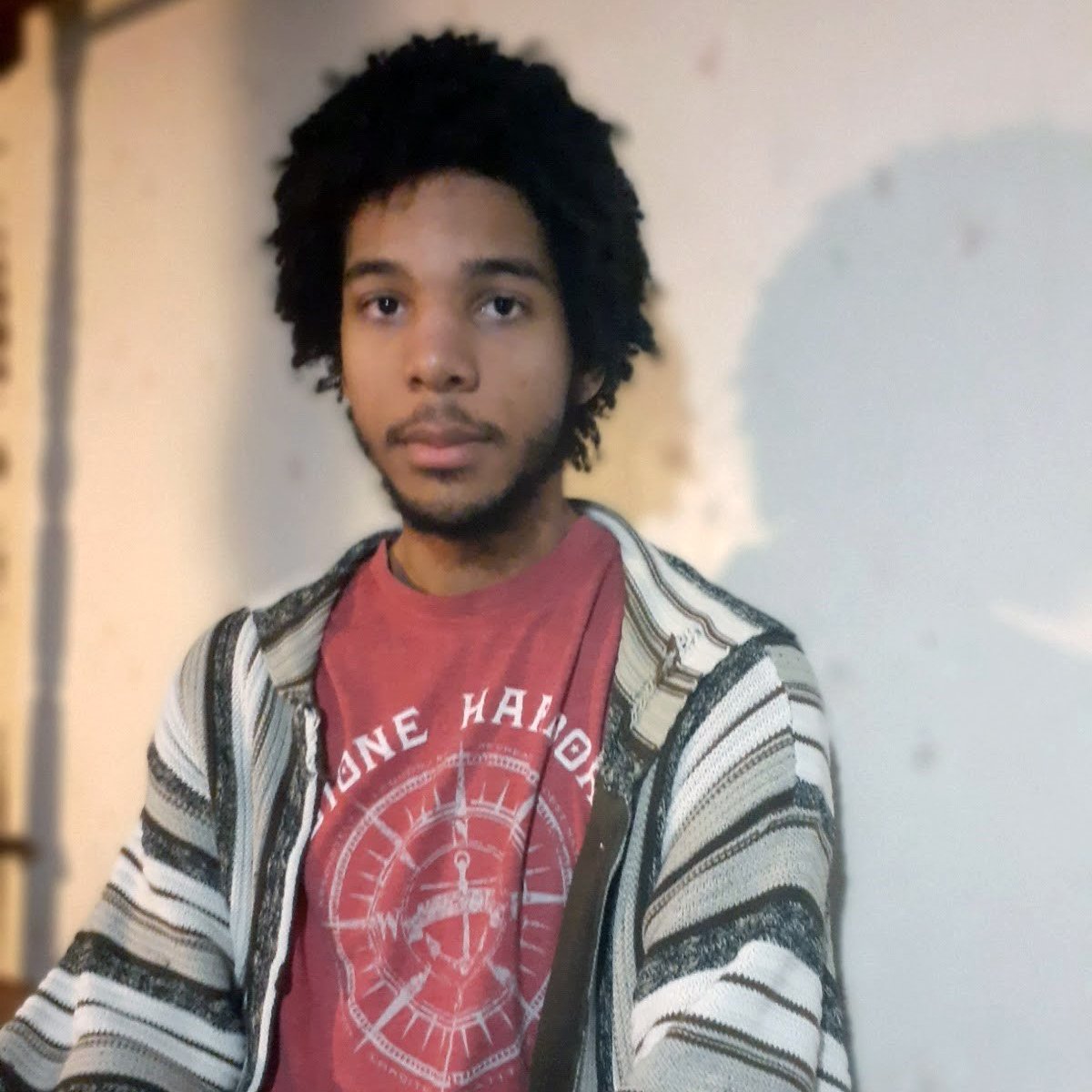CSpotlight: The keys to computer science success

Malik A. Khadar is an aspiring computer science student and music producer with interests in machine learning and psychology. He's had the opportunity to conduct research with Dr. Maria Gini and the Illusioneering Lab, and also has started his very own student organization for music production. Read on to learn about Malik and his CS&E journey thus far.
Why did you choose to study computer science at the University of Minnesota?
I like computer science because it’s so versatile. It’s pretty amazing to go from writing a program to seeing it have tangible effects. That has always struck me as almost magical! I chose the University of Minnesota because I knew there would be a ton of opportunities here to push the capabilities of computer science even further. Campus is also close to home which is an added bonus.
What sparked your interest in machine learning?
During my freshman year of high school, I watched a “Two Minute Papers” video for the first time, and it completely blew my mind! It was about style transfer, or using a machine learning algorithm to take the style of one image and apply it to another. I never thought that computers could be artistic like that! To this day, I’m still excited about using machine learning in all sorts of ways that I never would have thought possible.
I'm also interested in how machine learning and psychology intersect. Right now, I’m taking a creativity sciences class where we often discuss the “action-perception” cycle and its involvement in idea generation, and that always gets me thinking about machine learning. Brains are just so versatile and it’s really exciting to see computer science take a bit of inspiration from biological neural networks to tap into that versatility.
Tell us more about your research at the Illusioneering lab.
Right now, I’m working on a project for the IEEE Conference on Virtual Reality and 3D User Interfaces contest in the Illusioneering Lab with Professor Evan Suma Rosenberg. This year, the theme of the contest is “Challenging Pandemics.” We made a multiplayer, virtual reality experience where participants have to navigate a grocery store and collect ten random items. They get alerted whenever they get within six feet of another shopper—and a variety of their social distancing statistics are displayed once they finish shopping. I’m proud of this project because I made the design document that was sort of the launching point of the project, and I also led half of the group over winter break. Our submission has been accepted, and now we’re just getting it ready for the conference at the end of March!
You've also done work with Professor Maria Gini on the chatbot Jukebot. What was your favorite part about the research?
Jukebot is an application that utilizes artificial intelligence technology. It was really cool for me to be a part of a machine learning research project so early in my collegiate career. Our focus was on giving Jukebot a variety of personalities—we ended up making quite an expressive chatbot! As we added more features to the bot, it became easier to personify, which really showed me how AI applications can become more than the sum of their part. My favorite part of this process was seeing Jukebot grow from just an idea to a kind (and sometimes snarky!) interactive chatbot.
What inspired you to start a student group in music production?
Music production has been a passion of mine since high school. I took piano lessons for about a decade, and from that foundation, I started producing music on my computer (I just gotta reiterate...computers can do a lot of cool stuff!). Last year, I took a class called “Making Music with Computers” which was a ton of fun, but I discovered there wasn’t any other opportunities around music production on campus. That’s where the student group comes in!
I started the group on Discord, since we cannot meet in person yet. But then I did some research on established music collectives centered around Discord and I realized that it’s a great platform for people to share and enjoy music, which is exactly what I’m aiming for!
Overall, I just love seeing how computer science can be applied to creative endeavors, including music production. I just made a bot for the server named Jukebot (in honor of the previous Jukebot) which offers up pseudo-random weekly challenges. This Jukebot is pretty simple, but I hope to build more complex applications that facilitate this creative process.
What advice do you have for incoming computer science students?
Keep in mind that computers are used for all sorts of stuff, meaning that as a computer scientist, you can tackle such a wide variety of projects! If you’d like to get into research, let your professors know. Even if they aren’t in the field of computer science, they might still have a research question that requires some programming to answer, or know someone who does. Once you’ve got your foot in the door, your connections can help you find future opportunities.
Speaking of, if an opportunity appears to be out of your skillset, remember that as long as you’re willing to learn, you’re capable of taking it on. That’s how your skills grow! Every project I’ve done has involved learning how to use tools and techniques that were new to me. At first it’s always pretty intimidating, but with patience and a willingness to learn, you can do amazing things!
What are your plans after graduation?
I want to work on cutting edge machine learning applications! So it’s grad school for me (unless of course Deepmind, OpenAI, or Google's Team Magenta are willing to take on an enthusiastic bachelor's student). One of my career goals is to make it onto an episode of “Two Minute Papers”. It would be so cool to bring things around full circle.